Southern California Hospital

Overview
Southern California Hospital is an substance abuse treatment center that provides inpatient treatment for men and women from 18+ years of age. As part of their special programs, Southern California Hospital To help patients achieve sobriety, Southern California Hospital provides intake assessments. Afterward, patients receive group counseling, experiential therapy, and nutrition therapy during treatment. Southern California Hospital is located in Los Angeles, California, providing treatment for people in Los Angeles County, accepting medicaid, private health insurance, and cash or self-payment.
Southern California Hospital at a Glance
Payment Options
- Medicaid
- Private health insurance
- Cash or self-payment
- Medicare
Assessments
- Comprehensive mental health assessment
- Comprehensive substance use assessment
Age Groups
- Adults
- Young adults
Operation
- Private for-profit organization
Highlights About Southern California Hospital
6.56/10
With an overall rating of 6.56/10, this facility has following balanced range of services. Alcohol Rehabilitation: 8.00/10, Drug Rehab and Detox: 6.00/10, Insurance and Payments: 6.00/10, Treatment Options: 6.24/10.-
Alcohol Rehabilitation 8.00
-
Treatment Options 6.24
-
Drug Rehab and Detox 6.00
-
Insurance and Payments 6.00
Treatment At Southern California Hospital
Treatment Conditions
- Mental health treatment
- Substance use treatment
- Co-occurring Disorders
Care Levels
- Hospital inpatient treatment
Treatment Modalities
- Group counseling
- Experiential Therapy
- Nutrition Therapy
Get Help Now
Common Questions About Southern California Hospital
Contact Information
Other Facilities in Los Angeles
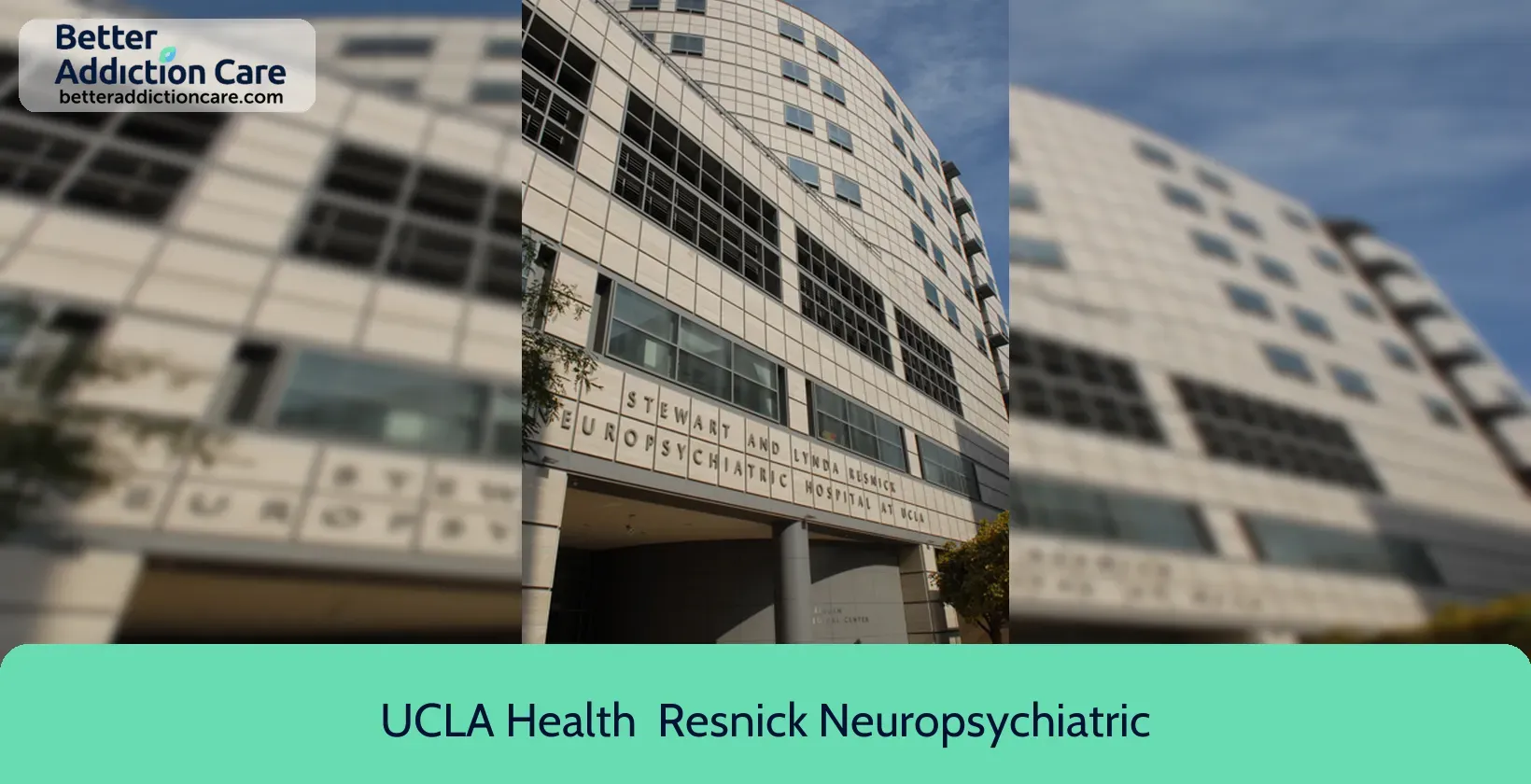
6.62
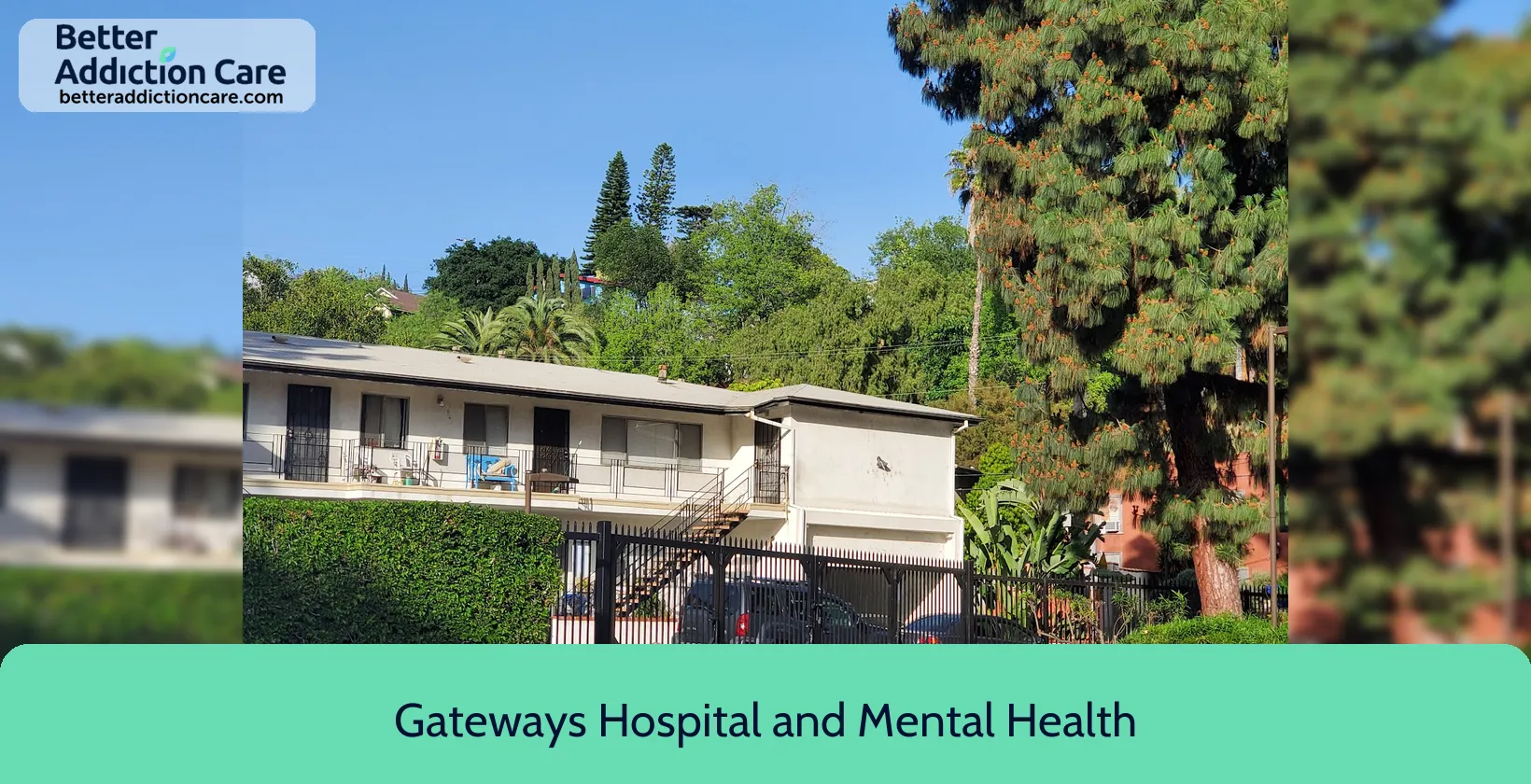
6.74
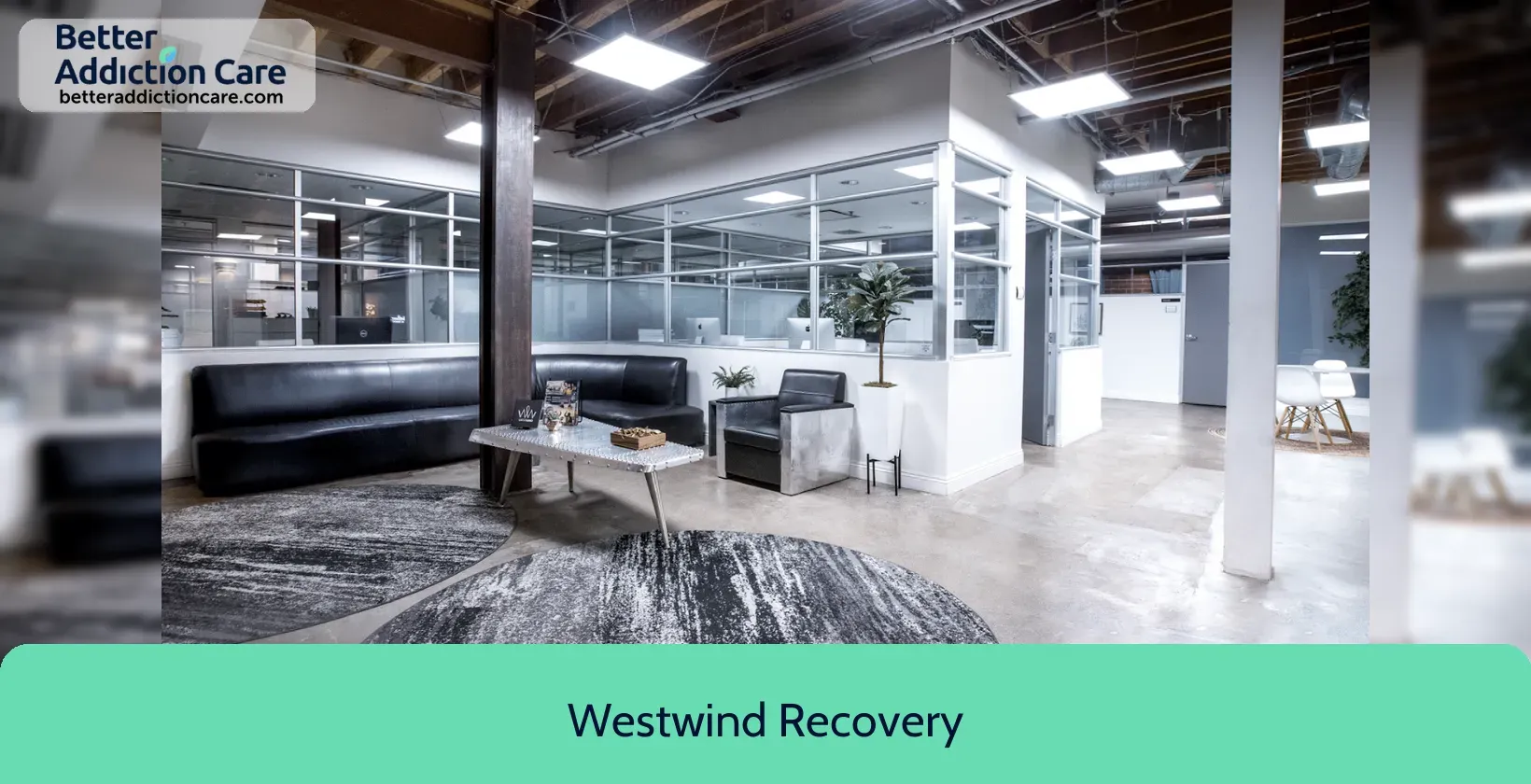
6.62
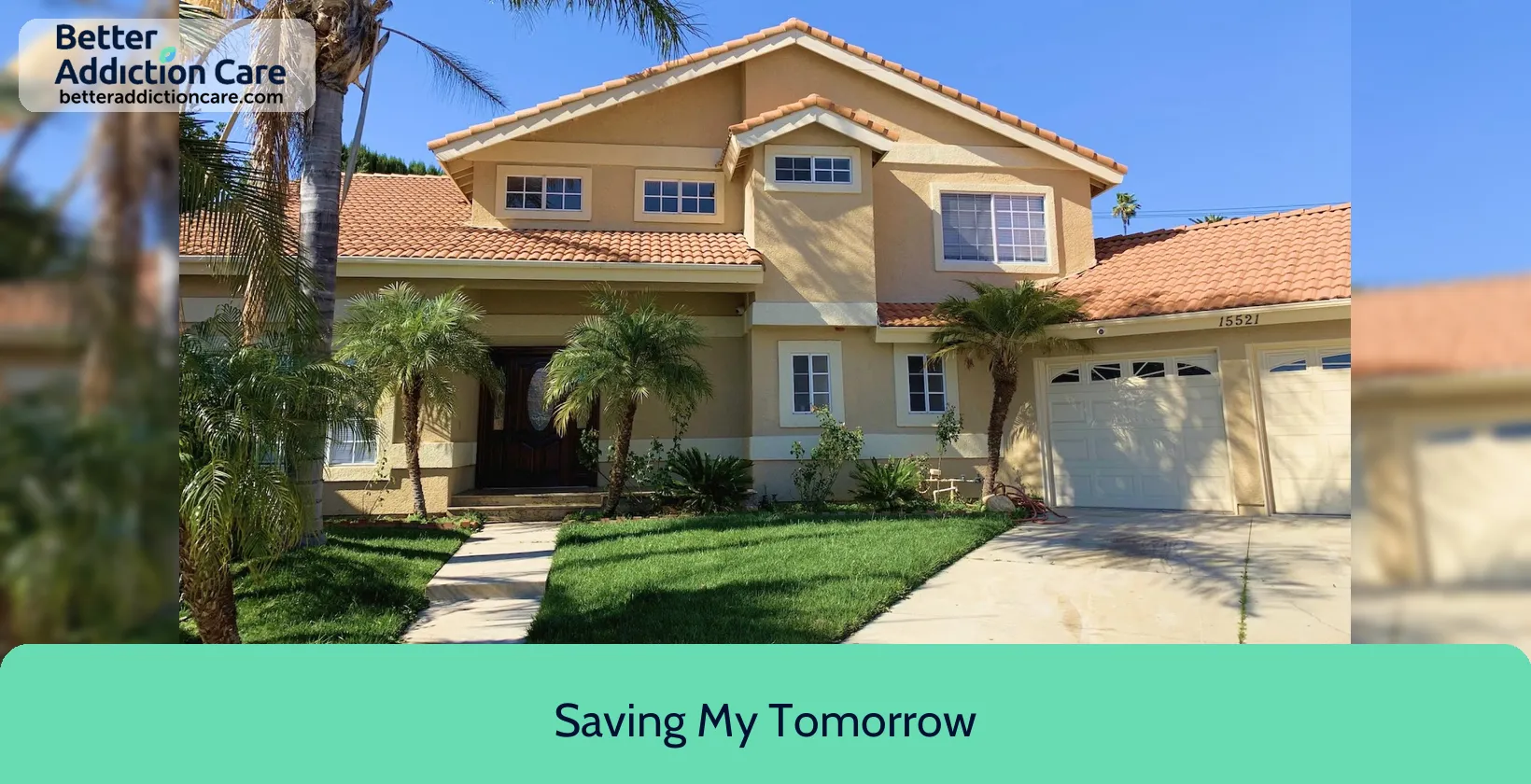
6.53
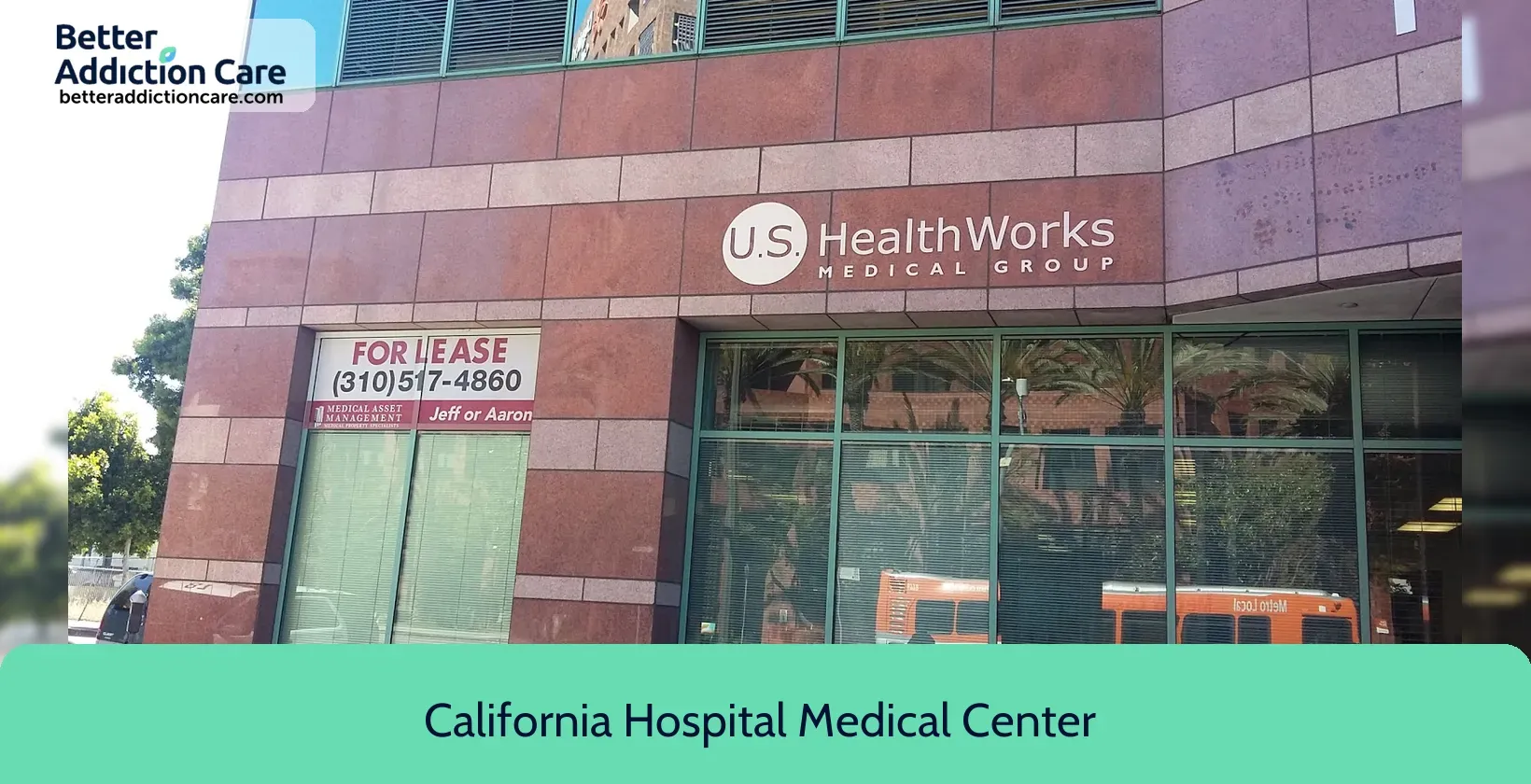
6.71
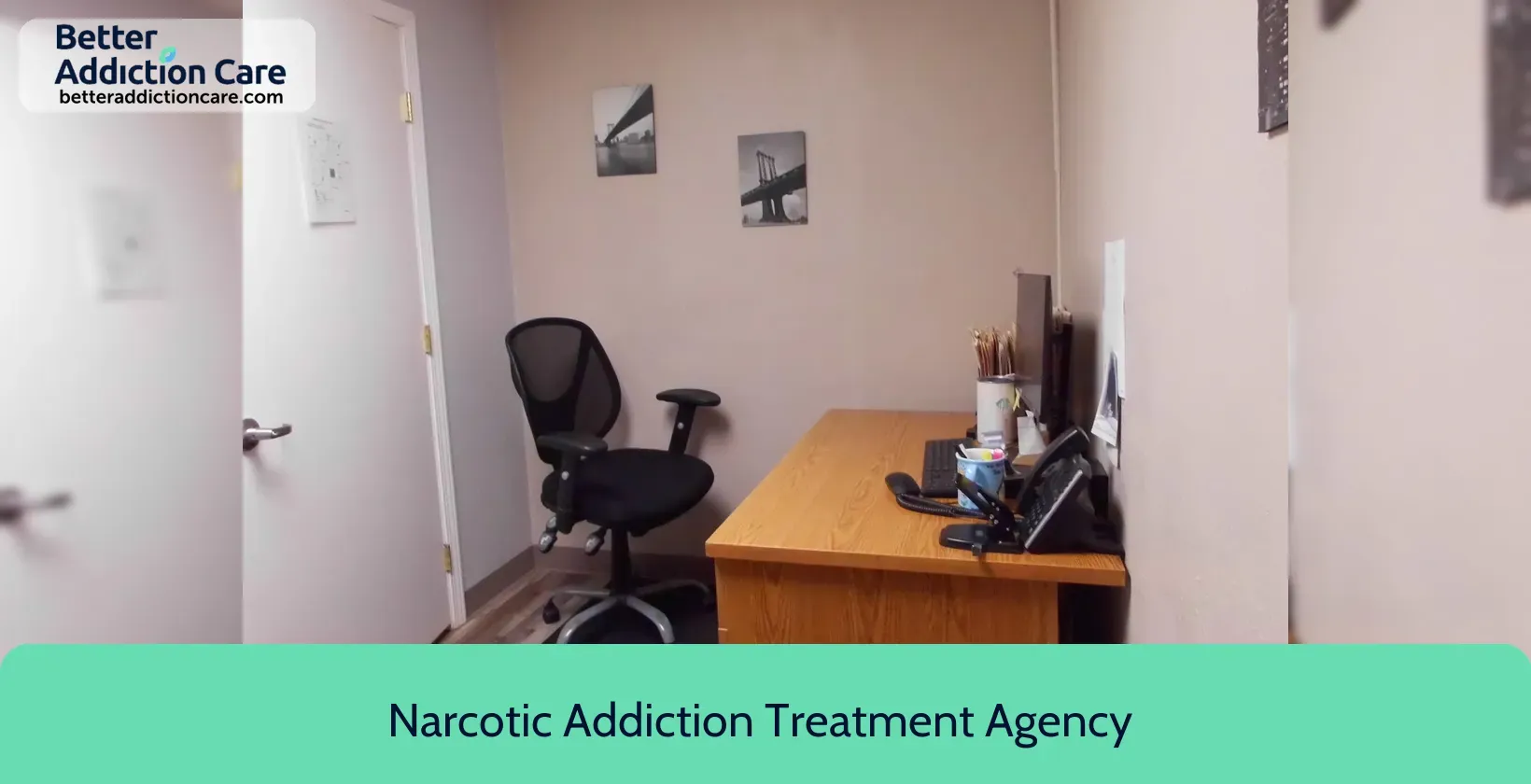
6.75
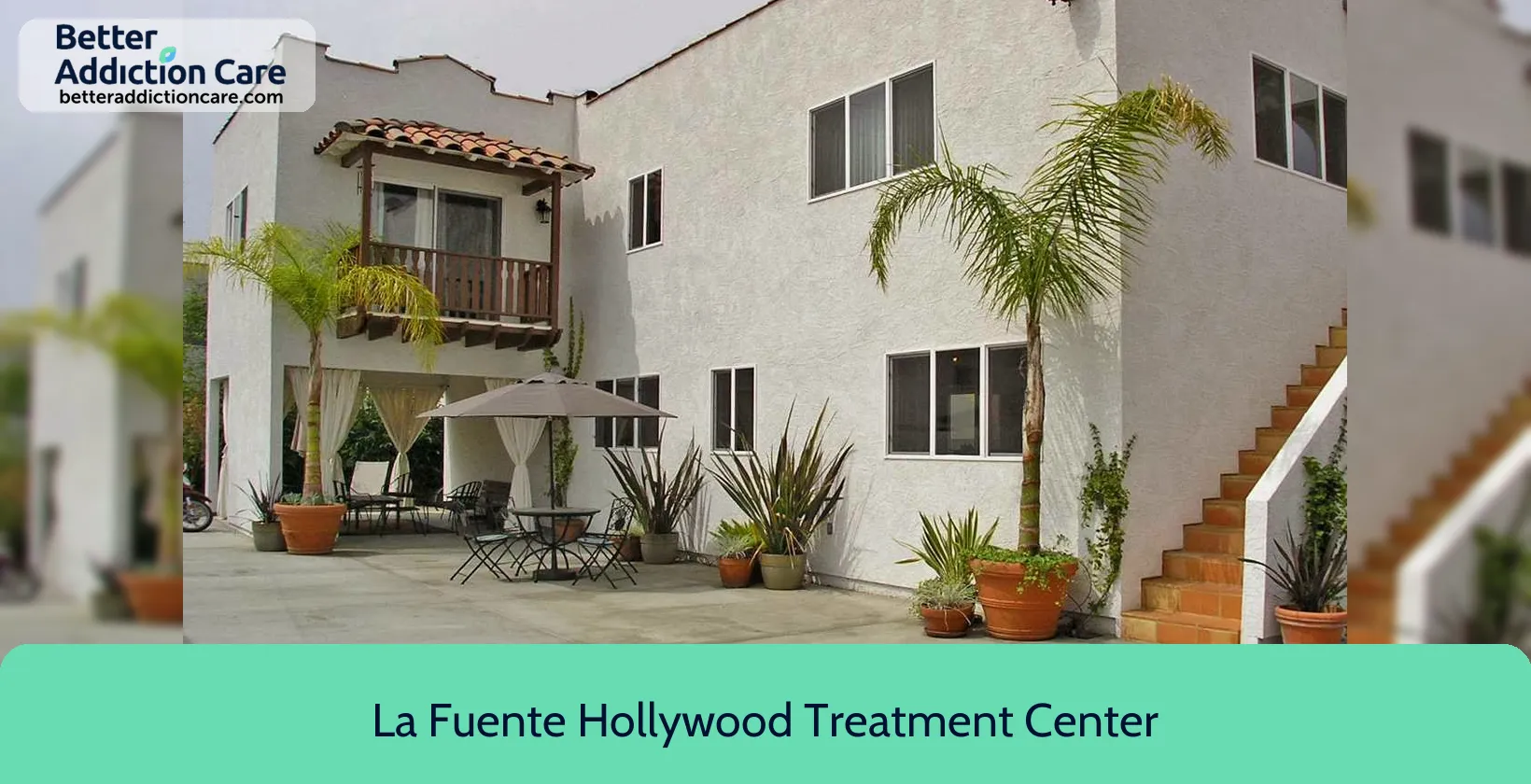
6.77
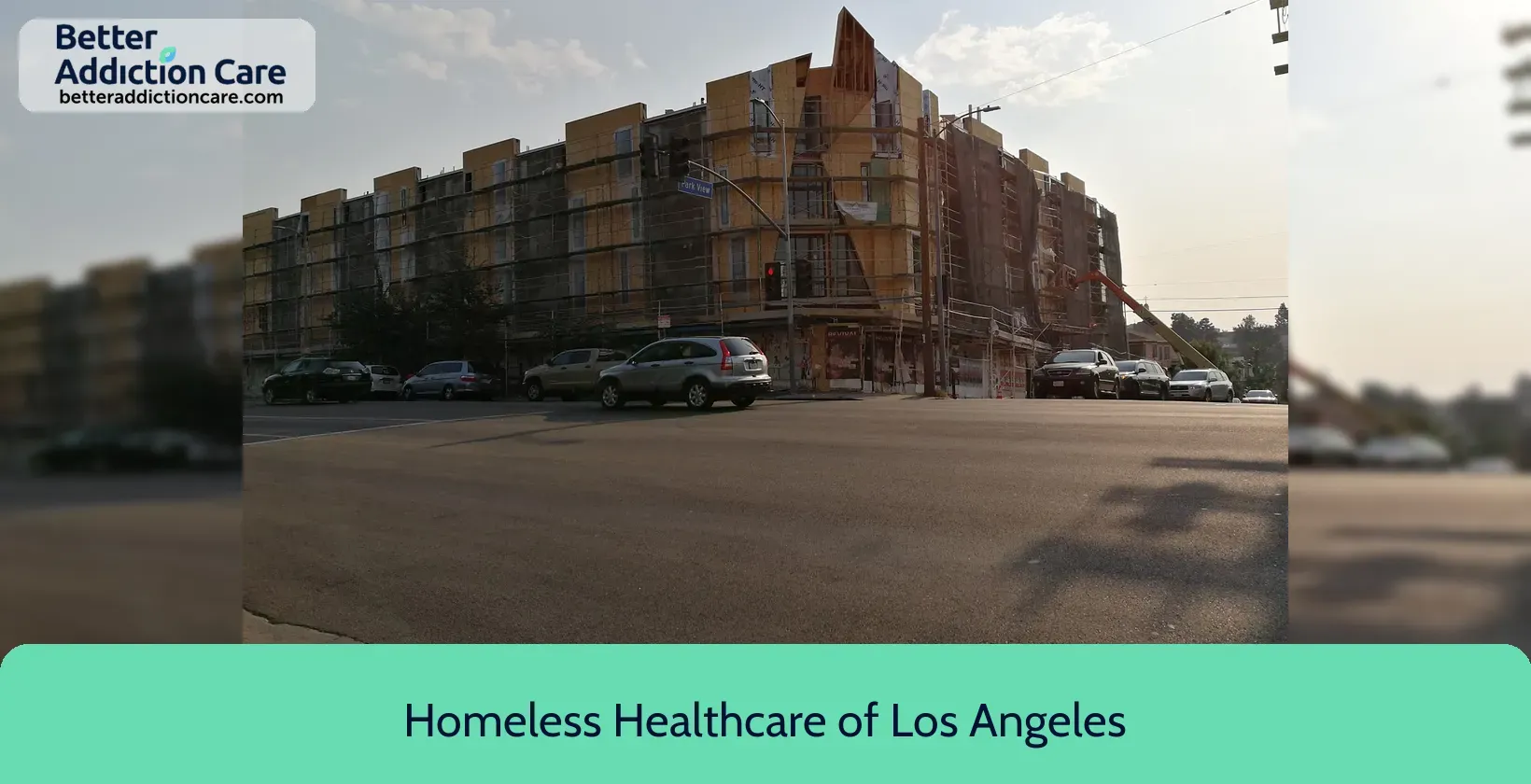
6.74
DISCLAIMER: The facility name, logo and brand are the property and registered trademarks of Homeless Healthcare of Los Angeles, and are being used for identification and informational purposes only. Use of these names, logos and brands shall not imply endorsement. BetterAddictionCare.com is not affiliated with or sponsored by Homeless Healthcare of Los Angeles.
